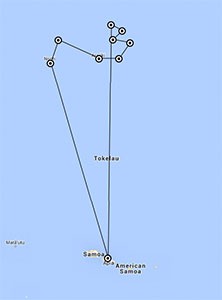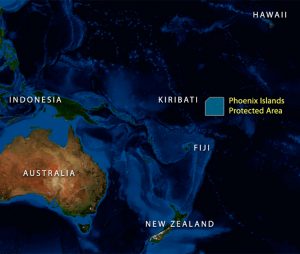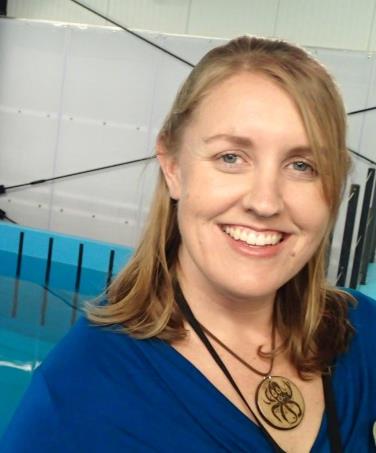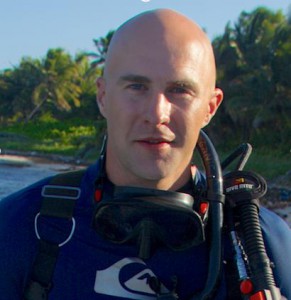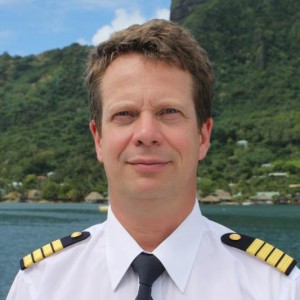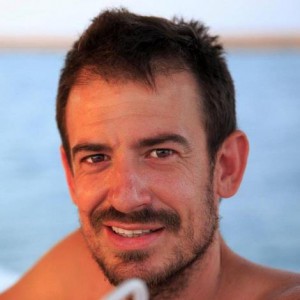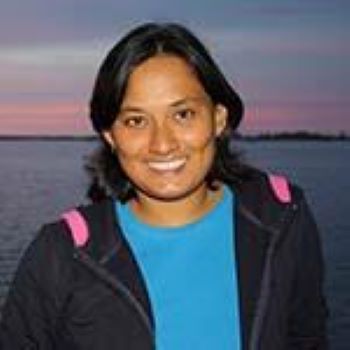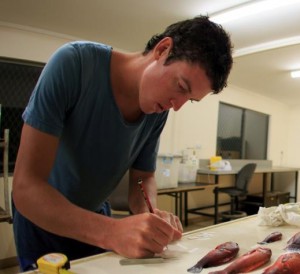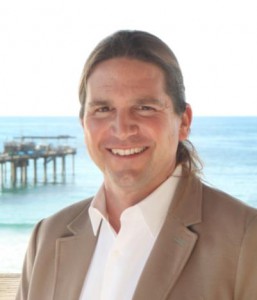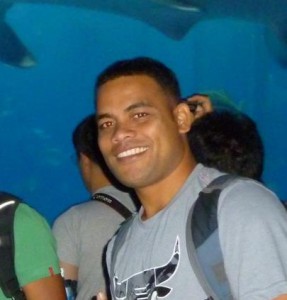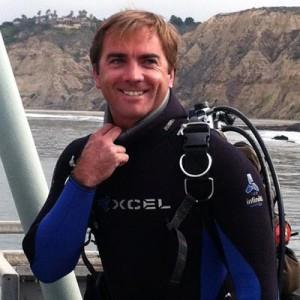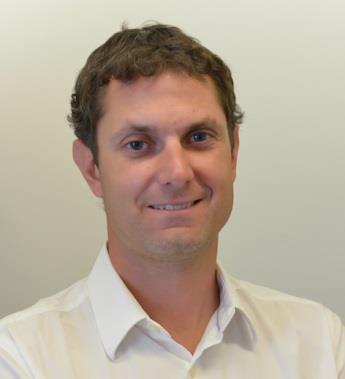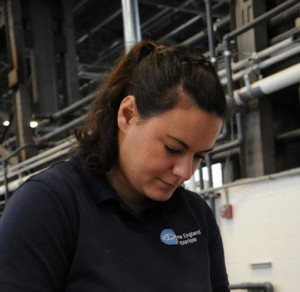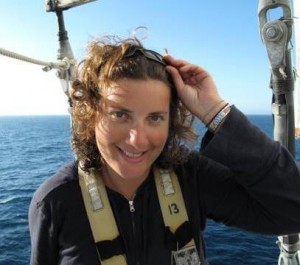Science Team
Blog Contributors
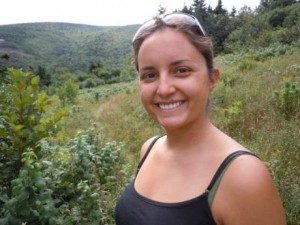
Hanny Rivera (Woods Hole Oceanographic Institution) developed a deep passion for the ocean early on, having grown up in Miami, snorkeling and exploring the Florida reefs. As an undergrad she studied Organismic and Evolutionary Biology at Harvard University and completed her senior thesis on coral reproduction and recruitment in Bermuda. Hanny is a current member of the Cohen Lab at Woods Hole Oceanographic Institution as part of her Ph.D. in the MIT/WHOI Joint Program in Biological Oceanography. She is most interested in studying climate change impacts on coral reef ecosystems and understanding how corals may be able tolerate environmental stressors such as ocean warming and acidification. When she is not scuba diving, she enjoys salsa dancing and painting.

Camrin Braun (Woods Hole Oceanographic Institution) is fascinated by the marine life of our planet. In 2010, he joined a team of experts who employ cutting edge techniques to understand the ecology of the world’s most important fishes. Since, his expeditions have ranged from sailing the remote Pacific to understand coral reefs to tagging sharks in Sudan. In 2012, Camrin joined King Abdullah University of Science and Technology (Thuwal, Saudi Arabia) to pursue a master’s degree in marine science where he used animal tagging to explore manta ray ecology in the Red Sea. He is now pursuing his doctoral degree in Oceanography at Massachusetts Institute of Technology and the Woods Hole Oceanographic Institution where he explores the relationship between the movements of large, open ocean fishes and the physical, chemical, and biological environment they inhabit. This will be his third trip to the Phoenix Islands Protected Area.
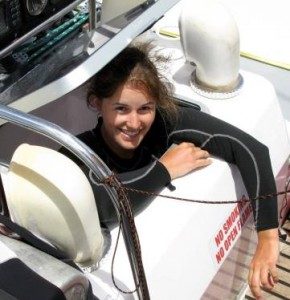
Liz Drenkard, PhD (Rutgers University) studies the response of ocean dynamics, ocean biogeochemistry and living marine resources to CO2-induced climate change with implications for conservation. She is currently a postdoctoral researcher at Rutgers University working with Dr. Enrique Curchitser and the Environmental Systems Modeling group to use high resolution ocean models to understand reef ecosystem vulnerabilities or resilience to climate variability. During this expedition, she will be collecting temperature and current profile information to validate the model we will use to study the connectivity between PIPA and other Pacific reef corals. Her graduate research, which focused on the role of nutrition in coral calcification response to acidification and the implications for reefs in the equatorial Pacific, was conducted at WHOI under the mentorship of Drs. Anne Cohen, Dan McCorkle and Kris Karnauskas. Her outreach efforts include serving as a science liaison for the National Network for Ocean and Climate Change Interpretation; In the past, she worked as an assistant aquarist at the New England Aquarium and is currently a volunteer for The Raptor Trust: a wild avian rehabilitation center in NJ.
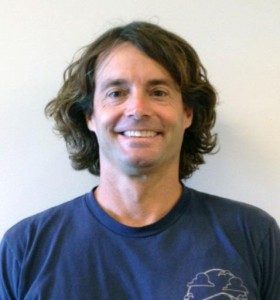
Charles (Chip) Young, PhD is an Oceanographer with NOAA’s Coral Reef Ecosystem Division cooperative institute, the Joint Institute for Marine and Atmospheric Research at the University of Hawaii. With NOAA he participates in coral reef ecology research and monitoring projects across the Pacific Ocean, investigating thermal stress and ocean acidification topics. Chip and the Coral Reef Ecosystem Division have been collaborating with Dr. Anne Cohen at Woods Hole Oceanographic Institution since 2010, primarily focused on coral growth and bioerosion rates. For the PIPA 2015 research expedition he’ll be participating with the dive team from Woods Hole Oceanographic Institution, studying ocean chemistry, species specific coral growth rates, net reef calcification rates, and variability in benthic community composition.
PIPA 2015
About this expedition
An international team of scientists returns to the Phoenix Islands Protected Area (PIPA) to explore new and existing study sites; study connectivity of island and pelagic systems to determine the movement of organisms within island reefs, between islands, and across the Pacific; and investigate the resilience, resistance, and recovery of reefs and organisms in response to a changing climate and recovering populations following the newly enacted no-take restrictions.
